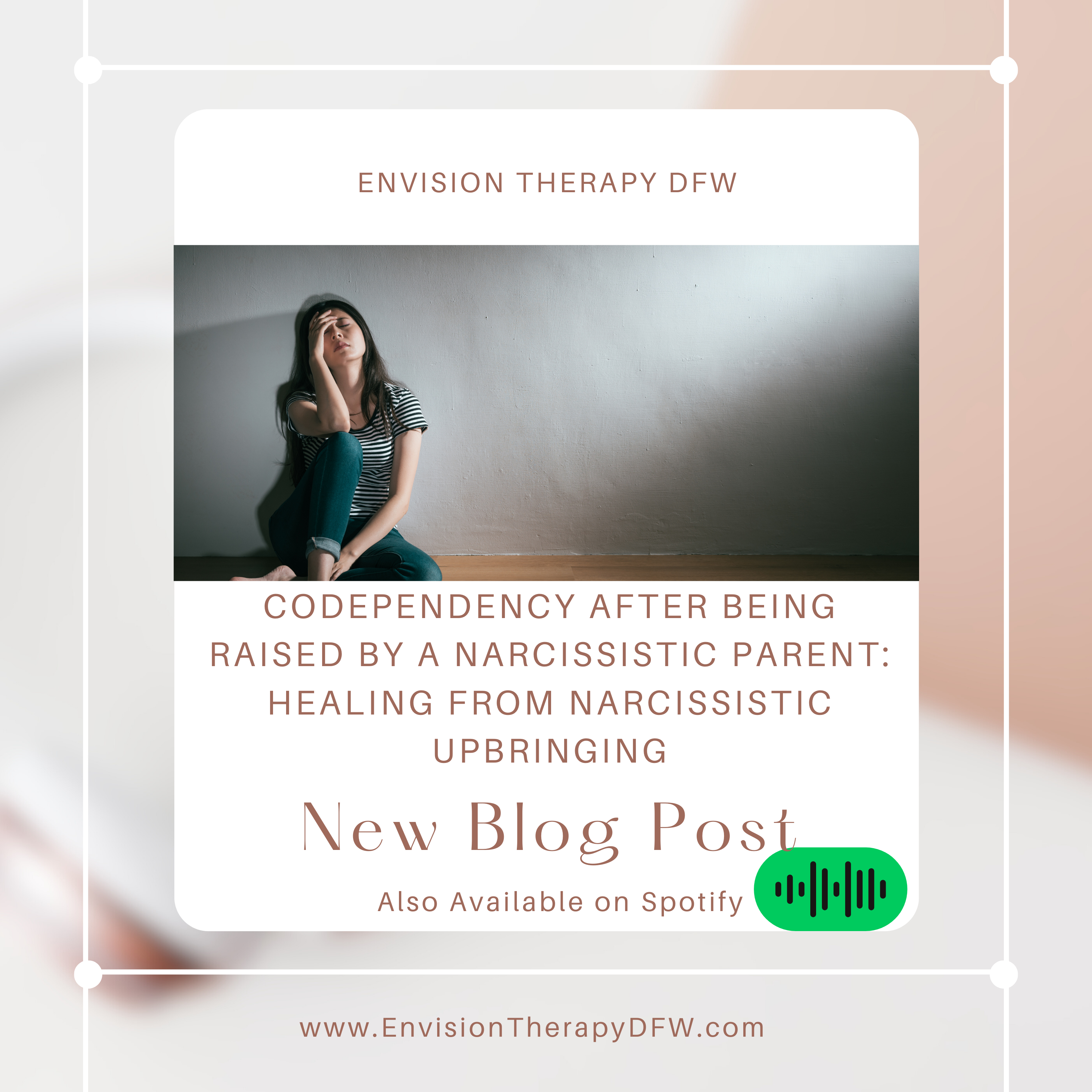Growing up with a narcissistic parent can lead to complex emotional dynamics that manifest in adulthood as codependency. This pattern of behavior, marked by excessive reliance on others for approval and validation, can be detrimental to one’s well-being and relationships. Recognizing and addressing codependency is crucial for breaking free from the cycle of dysfunctional relationships and reclaiming autonomy.
Understanding Codependency
Understanding codependency is essential for individuals who grew up in narcissistic environments, where emotional needs were often neglected or invalidated. Adult children of narcissists may find themselves exhibiting codependent behaviors due to their upbringing. This can manifest as a strong desire to please others, fear of rejection or abandonment, and difficulty setting and maintaining healthy boundaries.
For many raised by narcissistic parents, codependency becomes a survival mechanism, a way to cope with unpredictable or demanding caregivers. The constant need for approval and validation can lead to an overemphasis on others’ feelings and a neglect of one’s own needs. Understanding these patterns is the first step toward breaking free from codependency and fostering healthier relationships based on mutual respect and genuine connection.
Recognizing the roots of codependency in childhood experiences empowers individuals to address underlying emotional wounds and begin the journey toward self-discovery and healing. Through self-awareness and compassionate introspection, individuals can cultivate healthier relationship dynamics and reclaim their autonomy and self-worth.
When you find yourself constantly putting others’ needs before your own, fearing rejection, and struggling to set boundaries, know that you’re not alone. Your experiences shape your journey, but they don’t define your worth or ability to heal.
Recognizing Codependent Behaviors
Recognizing codependent behaviors involves identifying patterns that stem from a need to maintain relationships at the cost of personal well-being. For instance:
- Sacrificing Personal Needs: Constantly putting aside your own desires or plans to accommodate others’ requests, even when it causes emotional strain. For example, cancelling your weekend plans to help a friend move, despite needing rest.
- Difficulty Saying No or Setting Boundaries: Feeling unable to decline requests or assert boundaries out of fear of disappointing others. For instance, agreeing to take on additional work tasks despite being overwhelmed.
- Feeling Responsible for Others’ Emotions and Actions: Taking on undue responsibility for how others feel or behave, believing you must fix or control situations to avoid conflict. For example, feeling guilty for a friend’s bad mood and trying excessively to cheer them up.
- Seeking Validation and Approval: Relying heavily on external validation and approval to feel worthy or accepted, often overlooking personal values. For example, constantly seeking reassurance from a partner or supervisor to feel valued.
Recognizing these behaviors is the first step toward cultivating healthier relationships and reclaiming autonomy.
Addressing Codependency Through Healing
Addressing codependency through healing requires a multifaceted approach aimed at breaking free from ingrained patterns and fostering self-empowerment:
- Developing Self-Awareness: Engaging in introspection to recognize and acknowledge codependent behaviors, understanding their origins, and how they manifest in relationships.
- Practicing Self-Care and Nurturing Self-Worth: Prioritizing personal needs, engaging in activities that promote self-esteem, and challenging self-critical thoughts.
- Setting and Enforcing Healthy Boundaries: Learning to communicate and uphold boundaries in relationships, including saying no when necessary and recognizing when others’ behaviors infringe on personal limits.
- Seeking Therapy or Support Groups: Engaging in professional therapy or joining support groups to explore underlying issues, learn coping strategies, and gain insight into healthier relationship dynamics.
Healing from codependency is a journey of self-discovery and empowerment, fostering the ability to form fulfilling, balanced relationships based on mutual respect and genuine connection.
Breaking free from codependency after a narcissistic upbringing requires self-reflection, courage, and a commitment to personal growth. By recognizing the signs and taking proactive steps toward healing, you can cultivate healthier, more fulfilling relationships and reclaim your sense of self.
Explore resources for healing from codependency and reclaiming autonomy. Reach out to Jaci, Tessa, Shuqueta, or Elizabeth today.
TLDR: Discover how a narcissistic upbringing can lead to codependency in adulthood and learn practical strategies for breaking free and fostering healthier relationships.

